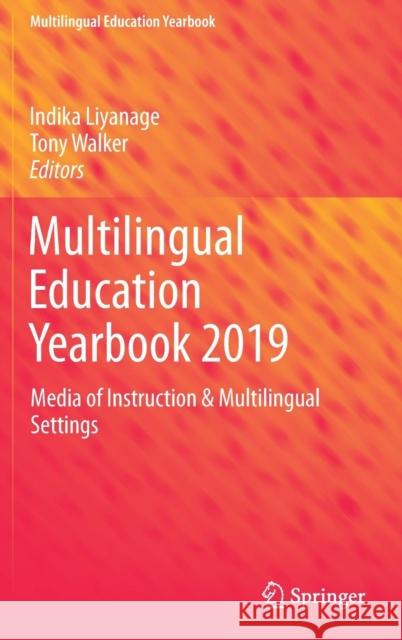Multilingual Education Yearbook 2019: Media of Instruction & Multilingual Settings » książka
topmenu
Multilingual Education Yearbook 2019: Media of Instruction & Multilingual Settings
ISBN-13: 9783030143855 / Angielski / Twarda / 2019 / 229 str.
Kategorie:
Kategorie BISAC:
Wydawca:
Springer
Seria wydawnicza:
Język:
Angielski
ISBN-13:
9783030143855
Rok wydania:
2019
Wydanie:
2019
Ilość stron:
229
Waga:
0.50 kg
Wymiary:
23.39 x 15.6 x 1.42
Oprawa:
Twarda
Wolumenów:
01
Dodatkowe informacje:
Wydanie ilustrowane











